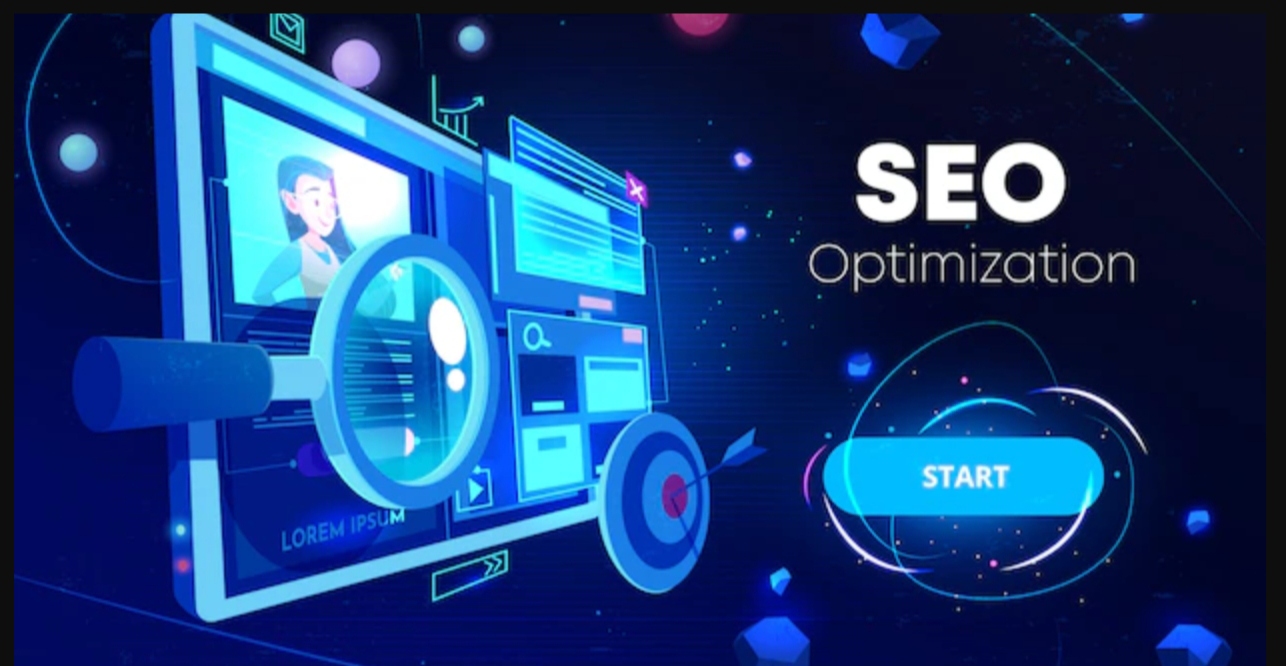Unleashing the Power of Digital Marketing in the Modern Era

______________________________________________________________________________
In today's hyper-connected world, digital marketing has become an indispensable tool for businesses seeking to thrive in the modern marketplace. With the advent of the internet and the widespread use of digital devices, the way companies promote their products and services has dramatically evolved. This article explores the various facets of digital marketing, highlighting its significance, key strategies, and the transformative impact it can have on businesses of all sizes.
The Significance of Digital Marketing :
Digital marketing encompasses a range of online tactics aimed at reaching and engaging with a target audience. Unlike traditional marketing methods, digital marketing offers unprecedented access to vast online communities, enabling businesses to connect with their customers 24/7. It allows for precise targeting, measurable results, and cost-effective campaigns, making it an essential component of every modern marketing strategy.
Key Components of Digital Marketing
1. Search Engine Optimization (SEO):
SEO involves optimizing websites and content to rank higher in search engine results. By employing relevant keywords, enhancing website structure, and optimizing user experience, businesses can increase their visibility and organic traffic.

2. Pay-Per-Click Advertising (PPC):
PPC campaigns, such as Google Ads, allow businesses to display ads on search engine results pages or other websites. Advertisers pay only when users click on their ads, making this approach cost-effective and measurable.
3. Social Media Marketing:
With billions of active users, social media platforms provide an incredible opportunity for businesses to engage with their target audience. By creating compelling content, leveraging influencers, and utilizing paid ads, companies can build brand awareness, drive website traffic, and generate leads.
4. Content Marketing:
Content marketing involves creating and distributing valuable, relevant, and consistent content to attract and retain a clearly defined audience. Through blog posts, videos, infographics, and more, businesses can establish themselves as thought leaders and nurture long-term customer relationships.
Harnessing Data and Analytics:
Digital marketing provides access to vast amounts of data that can inform decision-making and drive marketing effectiveness. Analyzing metrics such as website traffic, click-through rates, conversion rates, and customer behavior allows businesses to optimize campaigns, personalize customer experiences, and enhance overall marketing strategies.
The Future of Digital Marketing:
As technology continues to evolve, so does the landscape of digital marketing. Emerging trends such as artificial intelligence, voice search, chatbots, and augmented reality are reshaping the way businesses engage with customers. Companies that adapt to these changes and embrace innovative digital marketing strategies will be well-positioned to thrive in the future.
Conclusion:
Digital marketing has revolutionized the way businesses connect with their customers. Its ability to reach a global audience, provide measurable results, and adapt to changing consumer behaviors makes it an invaluable tool for every forward-thinking organization. By leveraging the key components of digital marketing and harnessing the power of data and analytics, businesses can stay ahead of the competition and drive sustainable growth in the digital era. Embracing the future of digital marketing will be essential for businesses aiming to thrive in the rapidly evolving marketplace.
Comments
Post a Comment